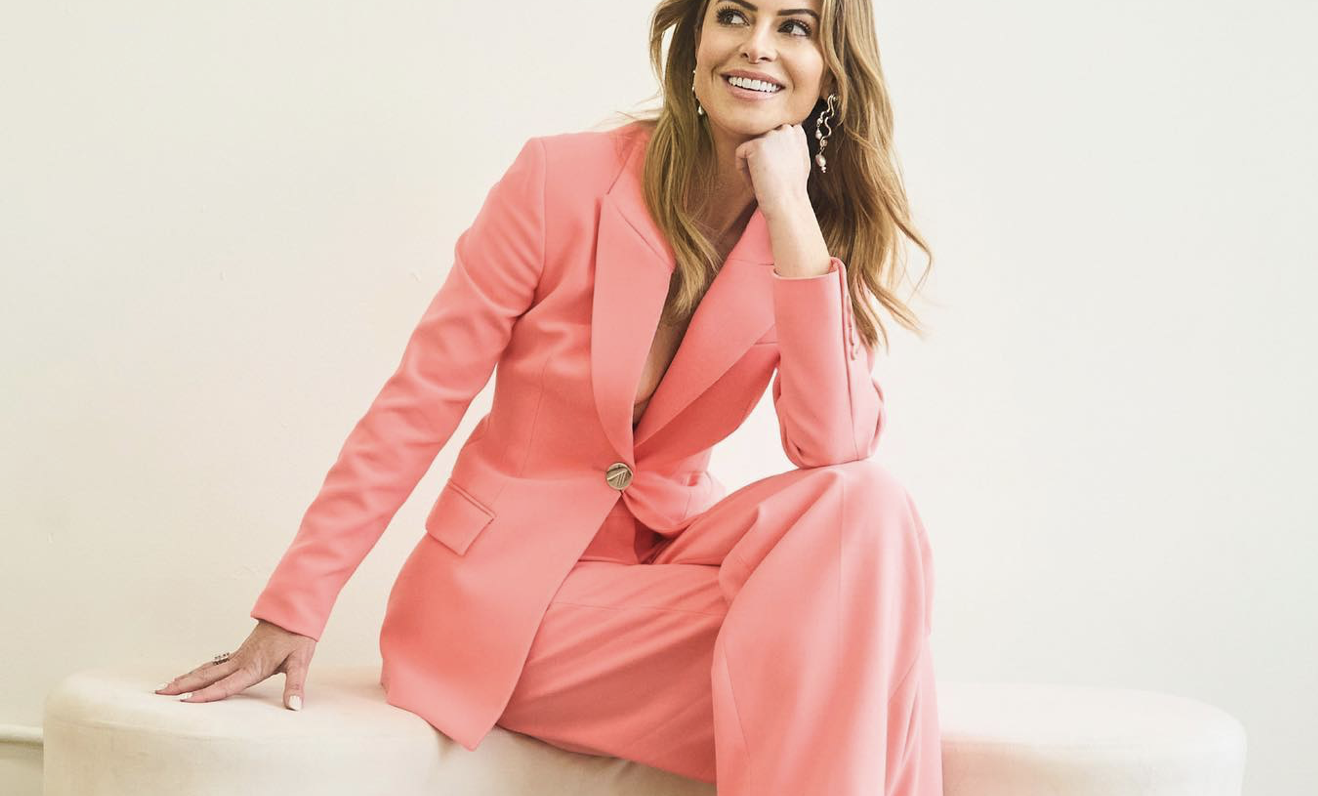
Life&Style writer Alice Poole compares the Office Siren to the Girlboss, and questions whether the former is a rebranding of the latter
The Girlboss: a capitalistic fantasy of the payoff of hustle culture; a woman in power, she does not just play in the boys’ league, she excels in it. Popularised by Nasty Gal founder Sophia Amoruso in her 2014 memoir #Girlboss, this title initially surfaced as an emblem of female empowerment—a designation for the most influential and industrious women navigating the corporate world.
The title’s immense appeal catapulted it into a marketable phenomenon. ‘Girlboss’ merchandise became inescapable in major retailers, it dominated social media platforms, appearing in literature, even securing a spot as a title of a Netflix show. As Amanda Mull expresses in her article, The Girlboss Has Left The Building, the term evolved into “a template for marketing and writing about powerful women in virtually every industry”. For years, other aspiring entrepreneurs celebrated and sought to emulate Amoruso’s vision of female corporate supremacy.
the girlboss aesthetic became exposed as a problematic pastiche of hustle culture.
However, this phenomenon was not to last, as the allure of the Girlboss lifestyle waned with growing awareness of its shortcomings. Scrutiny intensified around the capitalistic values it promoted, especially in light of specific social and economic shifts. The COVID-19 pandemic, for instance, laid bare the fragility of these systems, underscoring the need for more compassionate and resilient solutions. The girlboss aesthetic became exposed as a problematic pastiche of hustle culture.
Nevertheless, like numerous aesthetics and trends, it doesn’t entirely fade away; rather, it lies in wait, poised for a potential resurgence. Now, in 2024, the ‘office siren’ emerges as a distinctive aesthetic, transforming the corporate boardroom into a runway of its own.
as with many current trends, this aesthetic is not simply about appearance, but branding yourself and your lifestyle
Characterised by a palette of neutral tones punctuated with red accents, this trend embraces office-appropriate structured silhouettes with attention-grabbing details. Elements like coffin nails, oval glasses, and textured handbags come together to create an ensemble which encapsulates a sophisticated librarian-chic look. As with many current trends, this aesthetic is not simply about appearance, but branding yourself and your lifestyle. Aligning yourself with certain fashions allows you to play a character, and the character of the office siren is one who, similarly to the girlboss, lives and breathes the corporate world.
I believe this style can be best seen in recent runways such as Versace’s pre-fall 2024, and Our Legacy’s Fall 2024 collections. Both collections skilfully craft a fantasy narrative of the quintessential office siren. Picture her with a leather bag effortlessly slung over her shoulder or held delicately by leather-gloved hands that conceal impeccably manicured coffin nails. Wrapped in cashmere coats and knee-length skirts, her attire may not be quite acceptable for the office, but she is nevertheless effortlessly oozing style.
her timeless yet trendy attire reflecting a balance that doesn’t overshadow her intellect, ambition, or workplace focus
These collections showcase a fashion which resonates strongly with enthusiasts of the office siren aesthetic. They conjure a nostalgia of the early 2000s romcom working girl, such as Emily and Serena in The Devil Wears Prada. Like them, the office siren epitomises a perpetual state of poise, her timeless yet trendy attire reflecting a balance that doesn’t overshadow her intellect, ambition, or workplace focus. The allure lies in the ability of these pieces to seamlessly blend fashion with the multifaceted aspects of a woman’s professional identity.
Although the office siren may not currently enjoy the same widespread popularity as the girlboss aesthetic, and though it does explicitly claim to champion feminist ideals, it nevertheless supports a narrative encouraging women to wholeheartedly embrace and anchor themselves within the corporate realm. Here, we witness a fashion trend that is, once again, squarely centred on the professional woman. The question now is: will this trend, like its predecessor, fall from grace and be exposed as supporting the promotion and aestheticization of laborious capitalism and hustle culture?
Read more from Life&Style:
Gen Z, Social Media, and the Crisis of Beauty
Comments